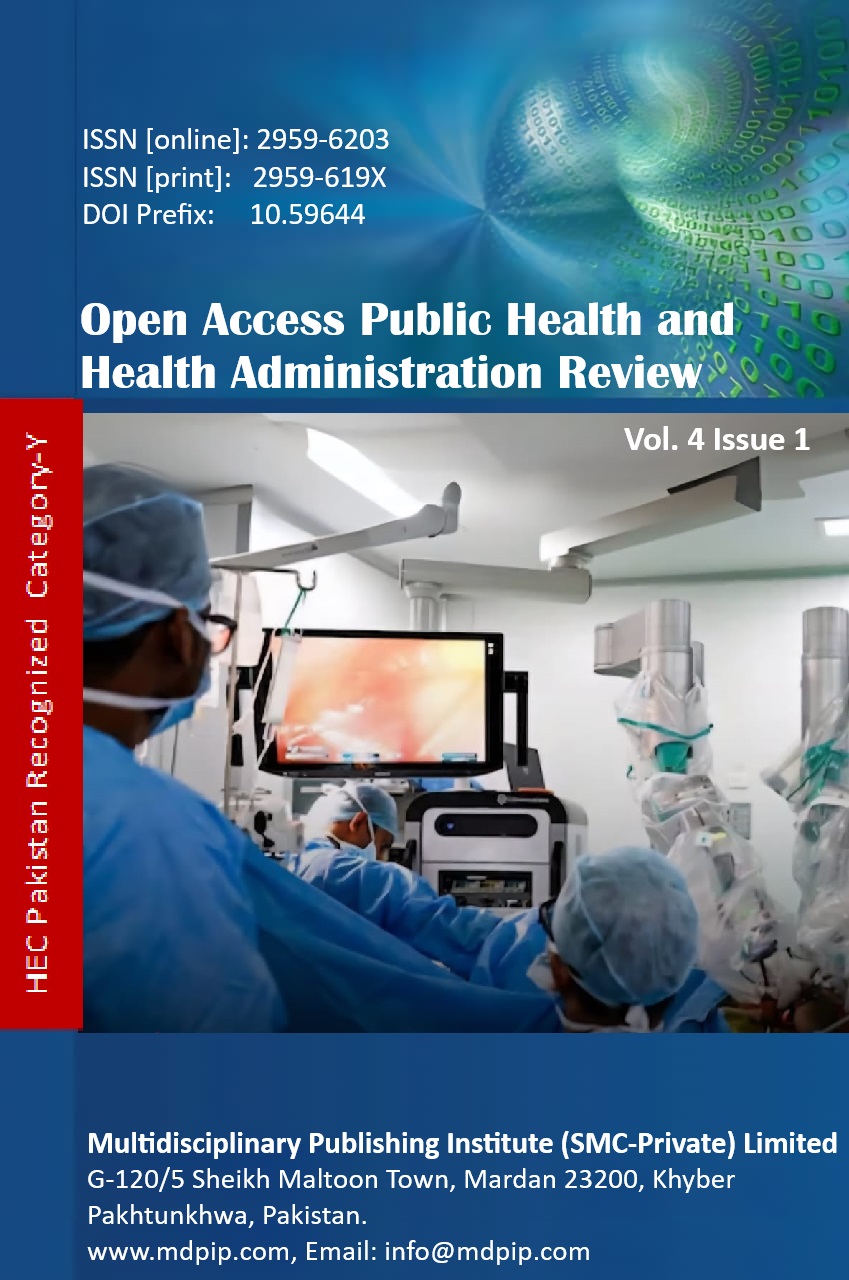The Philosophical Basis of Nursing: Understanding Theory, Education, Ethics, and Clinical Practice
DOI:
https://doi.org/10.59644/oaphhar.4(1).198Keywords:
Nursing Philosophy, Nursing Theory, Nursing Education, Professional Development, Nursing Ethics, Clinical Practice, Patient CareAbstract
The purpose of this study is to investigate the philosophical underpinnings of nursing by looking at the intersections of theory, education, ethics, and practice. Its objectives are to: (1) examine the role of philosophy in nursing knowledge; (2) evaluate the influence of theoretical models; (3) assess the influence of education; and (4) discuss ethical imperatives in care. The study employed CINAHL, PubMed, and PhilPapers to conduct a literature review, utilizing keywords such as "nursing philosophy" and "ethical theory. "Findings: Ontology, ethics, and epistemology are all integrated in nursing. Critical thinking is fostered by education, while theories (such as those of Nightingale and Watson) direct practice. Patient-centered care is based on the principles of autonomy, beneficence, and fairness. In conclusion, nursing is a profession that is both morally and intellectually demanding. Reflective, moral activity is strengthened by philosophy, which provides practitioners, educators, and students with new perspectives.






